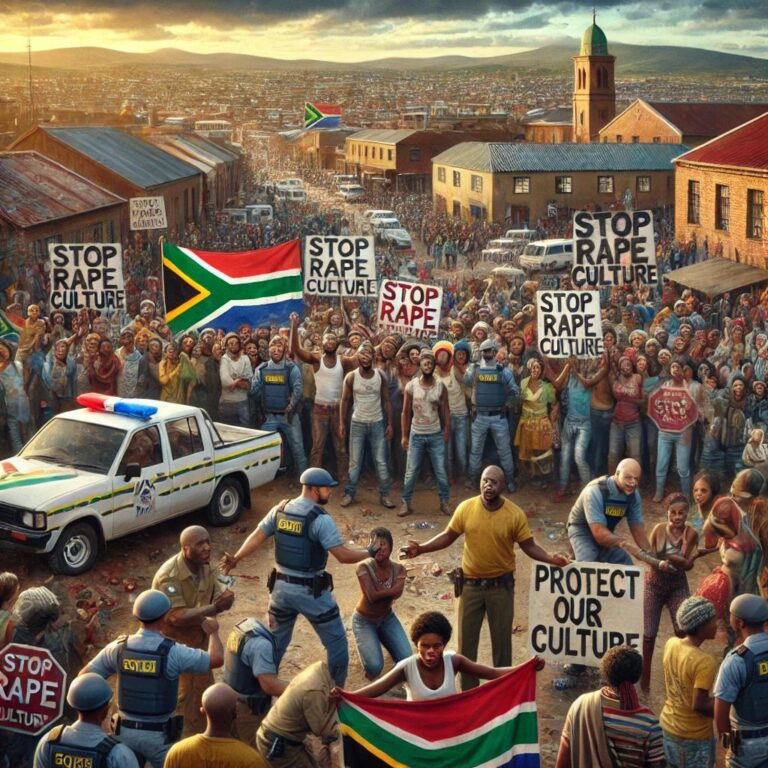Let’s discuss something really important that’s happening in South Africa. The Department of Women, Youth, and Persons with Disabilities has sent out a loud and clear message: we need to tackle rape culture head-on. It’s heartbreaking to see more and more cases of rape and murder involving young girls and children in our country. We can’t just sit back and watch this happen. It’s time for all of us to step up and make a change.
Disturbing Crime Statistics
Let me share some numbers with you, and I warn you, they’re not easy to hear. Between April and June this year, there were 9,309 rape cases and 6,198 murder cases reported. Can you believe that? That’s a lot of lives affected in just three months. Each number represents a person, a family, a community torn apart. It’s hitting our women and children the hardest, and it’s changing the way we all live our lives.
Recent High-Profile Cases
You might have heard about the two teenage girls who were murdered in Madikana and Hammanskraal. These aren’t just news stories; they’re real people with families who are now grieving. Cases like these show us that gender-based violence isn’t just a statistic – it’s a real problem affecting real people in our neighborhoods.
Government’s Response and Legal Framework
Now, you might be wondering, “What’s being done about this?” Well, we’ve got some pretty strong laws in place. Our Constitution is all about protecting human rights, and we’ve got specific laws to fight gender-based violence. The government is trying its best to put these laws into action, but as we can see, there’s still a long way to go.
Advocacy for Women’s Rights and Gender Equality
The department I mentioned earlier is working hard to spread the word that women’s rights are human rights, plain and simple. They’re pushing for something called ‘gender mainstreaming’. It’s a fancy term, but it basically means making sure women’s voices are heard in all areas of life. It’s all about creating a fairer society for everyone.
The Role of Communities and Partnerships
Here’s where you and I come in. We need to speak up when we see abuse happening. It’s not easy, I know, but it’s so important. The government can’t do this alone. They’re teaming up with NGOs, churches, and community policing forums. But they need us, regular folks, to join in too.
Importance of Education and Awareness
Knowledge is power. We need to learn more about how to prevent and respond to gender-based violence. There are campaigns out there teaching people about women’s rights and the dangers of rape culture. Maybe you’ve seen some posters or ads. These are all part of the effort to change how we think and act.
Conclusion: Collective Responsibility to Combat Rape Culture
So, what’s the takeaway here? We all have a part to play in fighting rape culture. The department is calling on all of us – you, me, our neighbors, everyone – to stand together and protect women, children, and persons with disabilities. We need to keep our eyes open, speak up when something’s not right, and hold each other accountable. It’s a big job, but if we all do our part, we can make South Africa safer for everyone.
Remember, change starts with each one of us. Let’s be the change we want to see in our communities.

